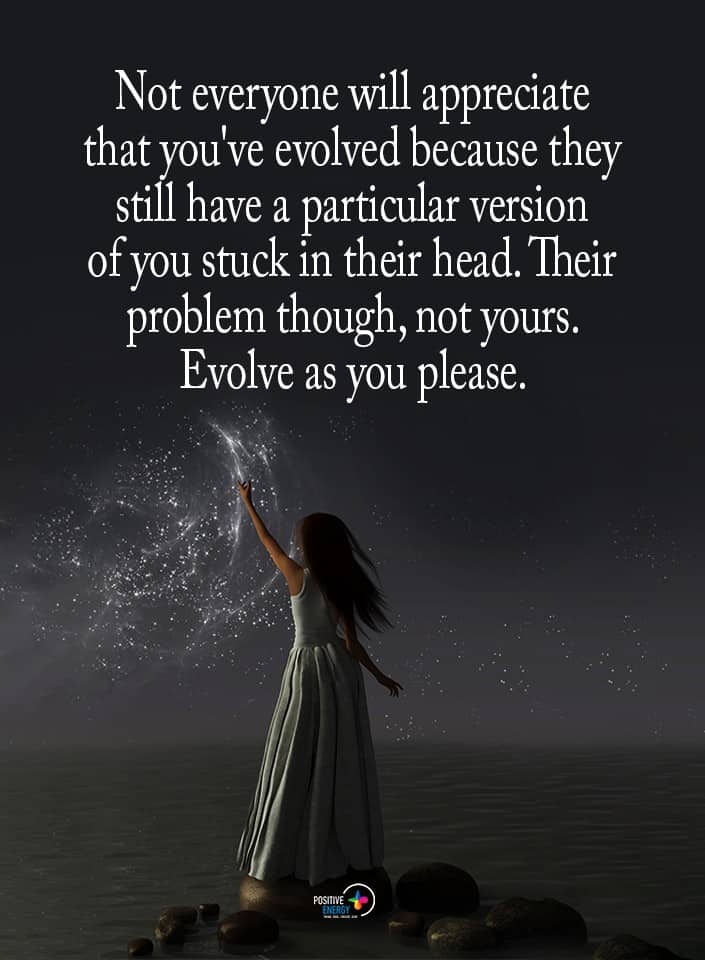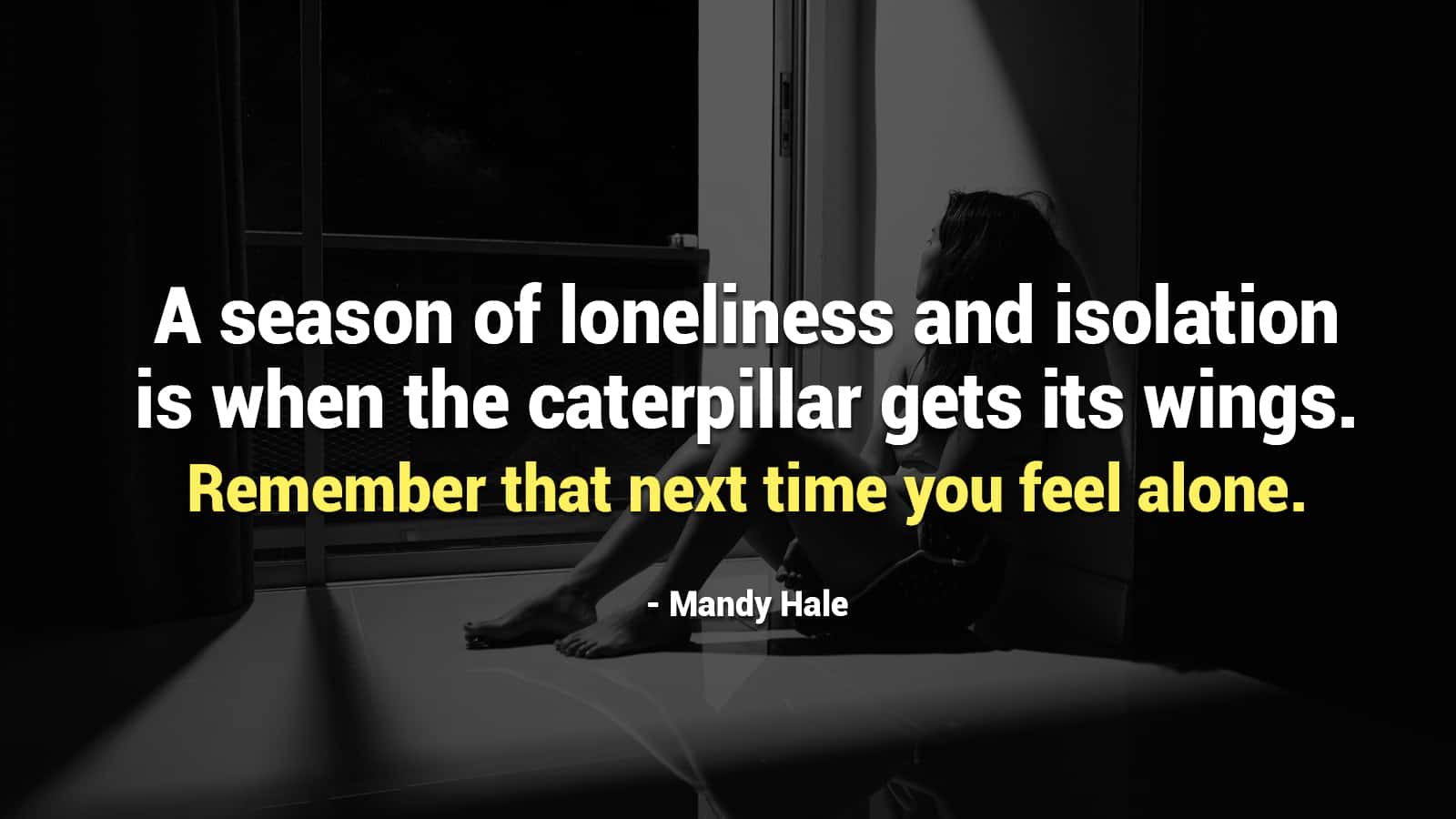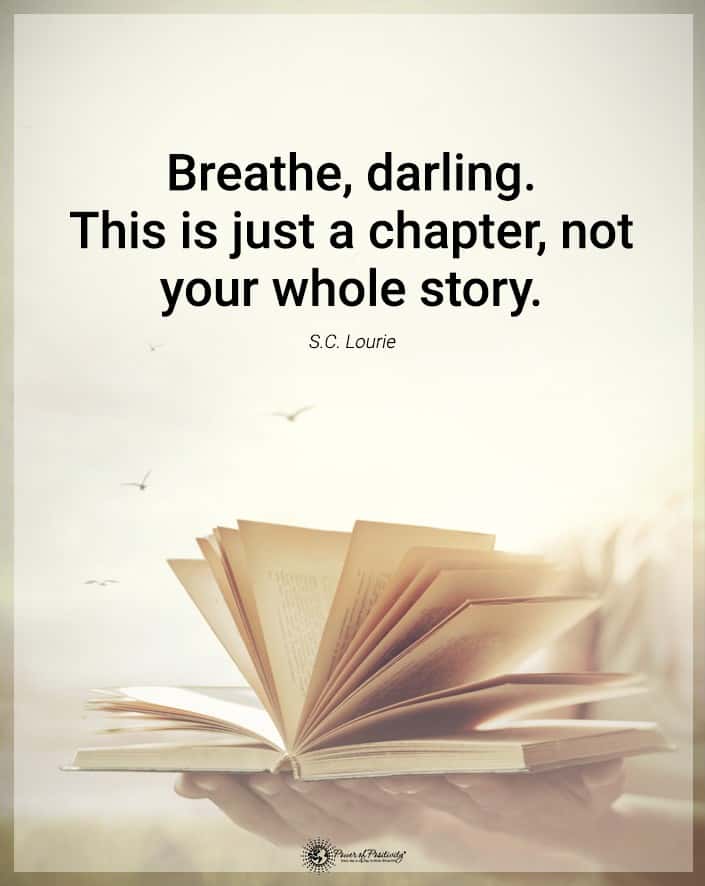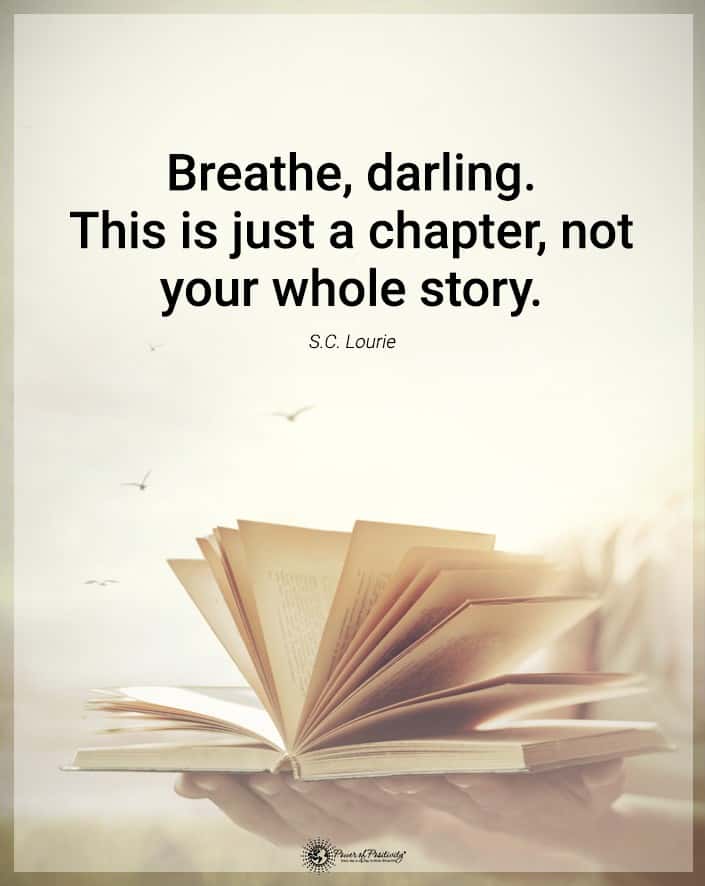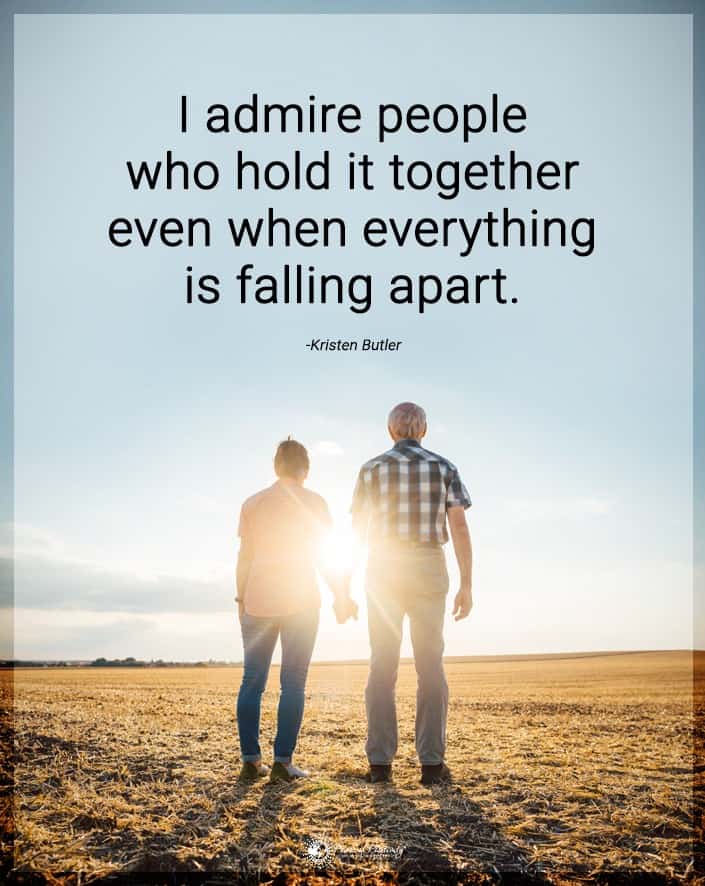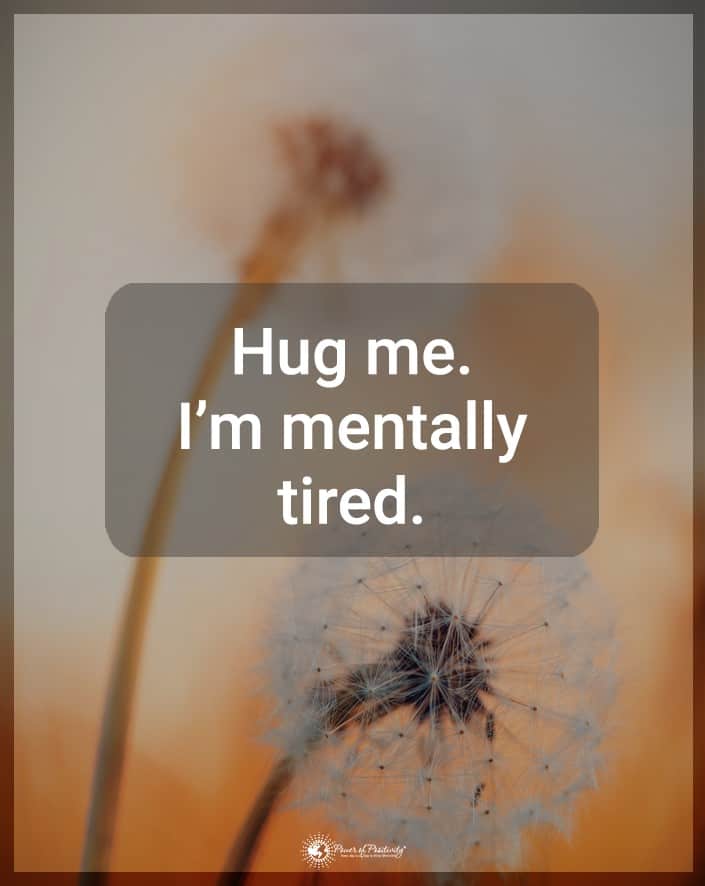When people become offended, they might react negatively. Whether they are straightforward with their upset feelings or act out passive-aggressively, they might not take disapproval well. Some people might even try to retaliate when they feel insulted by something.
While people might become offended, the intent is often not antagonistic or malicious. Their comments or actions could have been entirely appropriate, but some can still feel insulted. There are many reasons why people feel insulted, and understanding them can help you get through life.
Taking offense to something might mean that you feel the behavior was hurtful, threatening, or hostile. Some topics and situations will make people more sensitive, and you can’t predict what might set someone off. While some people might not see something as offensive, others might find it highly upsetting.
Five Reasons Why People Become Offended
If you are the person who often feels insulted, there are tips you can follow to handle disapproval positively. Unfortunately, you can’t always stop your feelings, but you can work to overcome them and dismiss the negativity. Additionally, you can use this information to help understand why other people might feel insulted by something you said.
1 – The Might Be Offended If the Past Affects Current Reactions
While it’s best to leave your past without looking back, it’s not always the easiest option. People often carry trauma with them throughout their life, even when they think they’ve healed. When this is the case, people can feel insulted by things that don’t offend others.
Trauma from the past can resurface at any moment, and some comments or words can trigger it. The person might feel the same intense emotions and sensations as when the event first occurred. Whether they felt scared, terrified, ashamed, or betrayed, those feelings come rushing back when triggered.
Anytime a situation causes the person to feel similar to when they were traumatized, they can’t help but feel insulted. They involuntarily go on high alert, being hyper-vigilant and on-edge. For instance, if someone was bullied or humiliated as a child, playfully poking fun can reawaken their old defense mechanisms.
People who often take offense may also have issues with insecure attachment. Children learn to interact with the world as they grow and develop. Their parents teach them how to interact with the people around them, allowing them to form healthy habits.
People with healthy childhoods establish better coping mechanisms, and they learn how to ask for help when necessary. However, not everyone receives the teaching they need as a child, leaving them neglected. The people who didn’t learn to interact and develop healthy attachments to others likely struggle with insecure attachment.
If someone didn’t feel safe to explore as a child, things easily cause anxiety and stress in the present. Anything can make them feel unsettled, leading to sensitivity and overreactions. People with insecure attachment issues tend to blame others and play the victim.
2 – They Are Afflicted with Negative Thoughts About Themselves
Resilient people don’t usually take things too personally, so other people’s insensitivity doesn’t affect them. However, people who struggle with self-doubt or self-image issues aren’t as resilient. Their harmful thoughts about themselves hinder their ability to validate and soothe themselves.
When someone can’t soothe themselves, their natural self-protection takes over, and they feel insulted. The person will take things personally and blame whoever appears responsible for their feelings. They’ll feel humiliated by the entire situation and feel attacked if there isn’t anyone to blame.
The person’s detrimental self-thoughts can cause them to interpret things differently than others. When this happens, they will likely feel insulted.
3 – They Misunderstood Another’s Intent and Became Offended
If someone misunderstands another person’s intent, they may become angry. You might have a good conversation going and then say something that changes the entire feel of the experience. When this happens, it might be that the other person is offended, even if you don’t know why.
You might have said something that triggered them, even if you didn’t say anything wrong. The person may have misunderstood your intent, feeling insulted about what they believed was happening. This situation often occurs when you’re angry about something, and the other person feels personally attacked about your anger.
Even if you didn’t say you were angry at them, your anger could make them uncomfortable. It could make the person feel endangered or intimidated, even if you hadn’t meant it that way.
4 – They Expected Something Different
When someone expects something different than what occurred, it could make them feel insulted. If the person expected something out of your relationship that didn’t happen, it could lead to the same issue. The person might have predicted how you would react or what you would do and then felt slighted when it went differently.
If a friend or loved one gets angry about something you said or did, it might be that they didn’t expect it from you. Even if there is nothing wrong with what you did, it could cause negative feelings for them. Likewise, if they feel you forgot about something they expected you to remember, it could cause problems.
Additionally, if someone did a favor for you or gave you a gift, they might expect the same in return. Then, if you don’t return the kindness, the person might feel neglected and stop doing nice things for you. Plus, if someone feels that others do not treat them fairly or equally, it can cause an issue.
Another time differing expectations cause anger is when there’s an assumption that everyone follows the same values. While someone might feel passionate about a topic, person, or event, other people might not experience the same sensation. When this happens, it can cause the person who feels strongly about it to feel insulted.
5 – They Tend to Feel Insecure and Anxious, and They Might Suffer from Feeling Offended as a Result
It’s usually easy to identify an insecure person, and one reason is that they quickly feel attacked. They want validation from others rather than focusing on self-approval. Because of this, they have a hard time letting go of small things and tend to feel insulted.
Insecure people tend to be more sensitive than others, and voicing their feelings makes them feel empowered. When they can make other people feel bad, it makes them feel like they are in a position of power. Becoming angry prevents them from feeling vulnerable, and it helps them avoid their real problems.
Additionally, people who become offended might be anxious. Their anxiety will make them try to control everything around them, leaving little space for things to go any other way. When they can’t handle something, they feel insulted and blame others.
Insecure or anxious people don’t handle it well when someone says something they disagree with. Even if the disagreement is over something minor, they might become offended and defensive about it. This issue often happens because they suffer and subconsciously want to bring everyone else down with them.
Five Tips on Taking Criticism Without Being Offended
There are many reasons people easily become angry, but there are also ways to overcome them. If you get offended easily, try utilizing some of these tips.
1 – Understand That You Don’t Know Their Mindset
Consider the things people don’t know about you and remember they might not know your triggers. If they say something negative, don’t spend time being angry about it. Instead, remember that they don’t know what things will set you off.
2 – Ask Questions Before You Become Offended
If you want to stop feeling insulted by everything, you must understand the other person. To gain understanding, you should ask questions and gain clarity. Asking questions can help you create a positive attitude about it.
3 – Listen
When you receive disapproval, try listening rather than immediately getting defensive. Whatever the other person is trying to tell you might be true, so listening can help you grow. When you listen, you understand the other point of view, and you can see areas of your life that need improvement.
4 – Respond Positively
Speak up and give your opinion after asking questions and listening to the other person. If you disagree with the disapproval, make sure you tell them how you feel. As you explain, make sure you stick to a positive tone and thank them for thinking of you.
5 – Own Up to Your Mistakes
While no one wants to hear that they aren’t perfect, it’s a part of life. When you receive disapproval, please take it in and own up to what went wrong. Don’t try to blame others or come up with an excuse.
Final Thoughts on Reasons Why People Become Offended (And Tips on Taking Criticism)
It can be hard to understand why people become offended, especially when you don’t think you did anything wrong. Likewise, you might wonder why you feel insulted by things so quickly. When you know the reasoning, you can work to overcome the issue in your life.
Not only should you try to avoid unnecessarily offending people, but you must learn to take disapproval. It isn’t always a personal attack when people criticize you, so learning to handle it is essential. These tips can help you overcome detrimental feelings.



